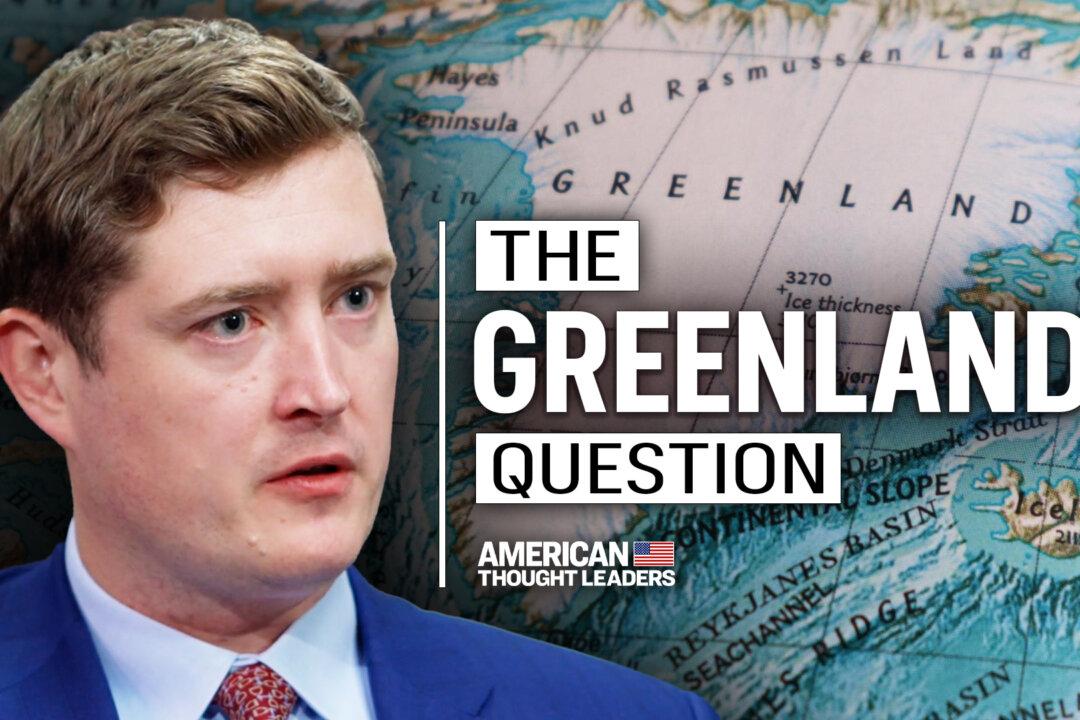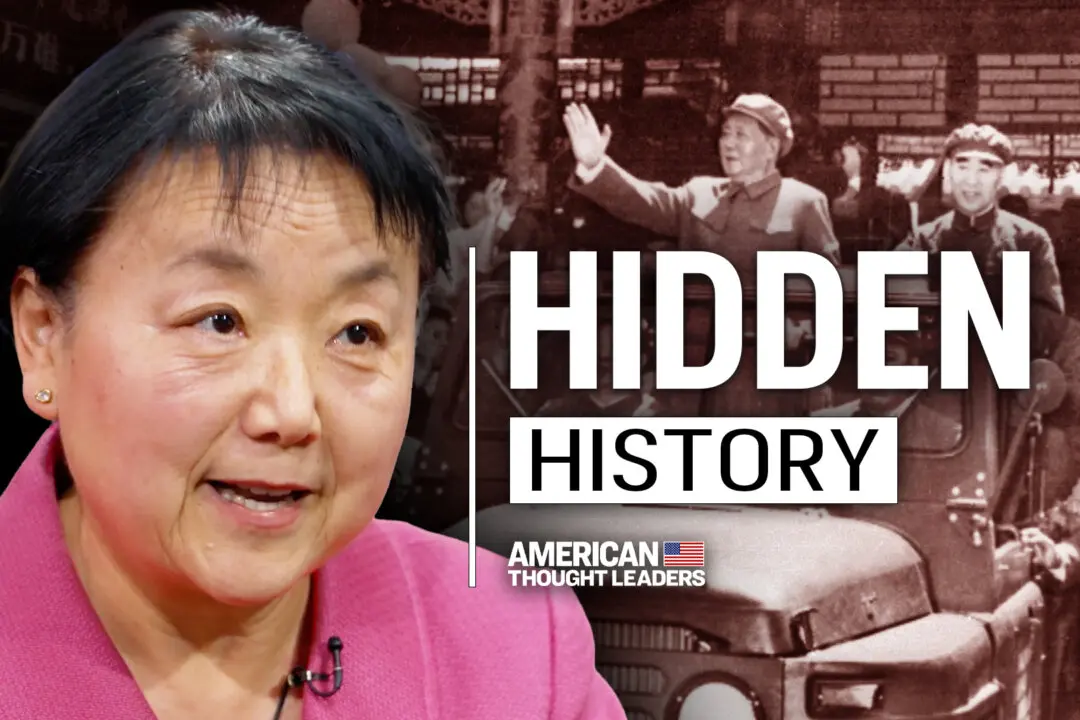In two recent episodes of “American Thought Leaders,” host Jan Jekielek talks with Jacob Siegel, a senior editor at Tablet Magazine, about “disinformation” becoming a tool of deception, in which technocratic officials wage a counterinsurgency-style war on truth that has damaged public discourse. Mr. Siegel is also author of “A Guide to Understanding the Hoax of the Century: Thirteen ways of looking at disinformation.”
Jan Jekielek: Your “Guide to Understanding the Hoax of the Century” is about disinformation, censorship, and the First Amendment. What’s the hoax of the century?
Jacob Siegel: The hoax is that this supposed and grossly overinflated threat from disinformation justifies a state of emergency in which unelected regulators and national security officials can violate the Constitution, claiming to protect American citizens from disinformation.
Mr. Jekielek: You define disinformation as “both the name of the crime and the means of covering it up, a weapon that doubles as a disguise.” Please explain this.
Mr. Siegel: The threat of disinformation was originally supposed to be from Russia in the 2016 elections. We now know that these claims were either invented or wildly exaggerated. But that claim evolved into an all-encompassing claim that disinformation and misinformation were now coming from everywhere: from people who opposed lockdowns, people who resisted mandatory vaccination, people who objected to the war in Ukraine.
It was a war on truth, a power grab behind a veneer of public safety and national security.
Mr. Jekielek: Tell us a little about your career.
Mr. Siegel: I was in the Army prior to journalism. I was a military intelligence officer most of that time. I deployed to Iraq in 2006 and 2007, and in 2012 to Afghanistan.
Being in Afghanistan caused me to reflect on what we were still doing there and these enormous gaps between the official accounts of the war and what I observed on the ground. For one thing—and there were many others—I could see there were no unified Afghan National Security Forces to speak of. Much of the strength of those forces was an administrative fantasy. If a unit was supposed to have X number of soldiers, maybe a third of them mustered at any given time. Some who mustered were only there to get a paycheck and then disappear. Anyone could see that the units we were supposed to be training were tricks of paperwork.
So I was trying to figure out, “Why are we still in this country? It poses no direct threat to the United States. We could deal with Al-Qaeda remotely, as we do in Yemen and other countries. We don’t need a garrison force. What are we really doing here?”
Mr. Jekielek: Then you became a journalist.
Mr. Siegel: When I returned from Afghanistan in 2012, I took my first job in journalism at the Daily Beast. I was trying to make sense of my experiences while still believing that the system was essentially sound. Fast-forward to 2015 and 2016. I observed the mania over Donald Trump and the Russian collusion claims, and the sheer force of consensus manufactured around those claims astonished me. Once you realize this Steele dossier wasn’t a tragic error of assessment but a paid-for political product from the Clinton campaign, you have to reexamine some of your foundational assumptions. It was after I left the Daily Beast around 2017 that it really clicked for me.
Mr. Jekielek: One of the things that strikes me in “The Hoax of the Century” is that it didn’t all happen at once. The architecture was present to facilitate it.
Mr. Siegel: That’s right. You had a cohesive sense among a number of people at high levels of the U.S. government, the Democratic Party, and the anti-Trump resistance—which included Democrats and Republicans—that they had to discredit Trump and prevent a repeat of the insurgencies that Donald Trump, Bernie Sanders, and Brexit represented. Their intent was to stay in power. They were members of a ruling class that shared cultural assumptions and certain guiding principles. They had a clear sense of their common enemy and what the stakes were.
The counter-disinformation people refer to themselves over and over again as a whole-of-society effort. The lead organization in this effort is the Global Engagement Center [GEC] in the State Department. It was begun in 2016 to combat ISIS messaging, mostly from social media, coming from the Islamic State.
It was essentially remissioned at the end of 2016 by President Barack Obama to lead the fight against disinformation. Meanwhile, intelligence agencies such as the FBI and CIA were justifying this expansion of undemocratic power with the Russiagate hoax.
The other piece is the combined power of the media, the universities, and the nonprofits. As institutions, they were predisposed to favor Hillary Clinton and to view Donald Trump as an illegitimate candidate. They were also swayed by the money coming into this emerging counter-disinformation complex. The nonprofits and the universities define disinformation and provide the expert analysis, which the media then mainstreams.
Mr. Jekielek: You make the case that this is a kind of counterinsurgency operation against any significant deviation from the consensus. That’s incredibly disturbing.
Mr. Siegel: Yes, it’s disturbing that the defenders of democracy can be so hostile to the will of voters that they cast aspersions on the results of a democratic election, saying, “We believe in democracy. That’s why we have to undermine the presidency of Donald Trump.”
Whatever you think of Donald Trump, it isn’t democratic to lead a bureaucratic ruling-class coup against a legitimately elected president. This comes back to the idea that the information war is both a crime and a disguise. By claiming absolute power over language, you can determine what’s true, what’s disinformation, and what needs to be censored. You can alter the meaning of words such as democracy, for instance, to fit your own prerogatives, and that’s what happened.
This interview has been edited for clarity and brevity.






